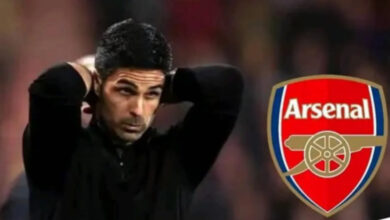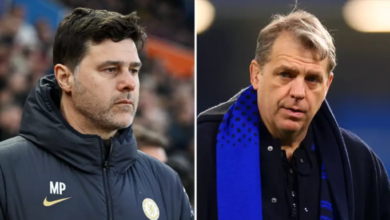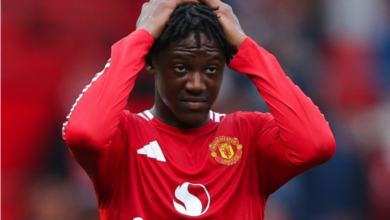Girona and Manchester City securing spots in the next Champions League tournament could lead to the City Football Group needing to divest its ownership in the club. This potential move is prompted by UEFA regulations. It’s disappointing news since Manchester City won’t be able to take part in the upcoming Champions League matches next season.

The recent qualification of both Girona and Manchester City for the upcoming Champions League has stirred discussions about the ownership dynamics within the City Football Group (CFG). This development has raised eyebrows as UEFA regulations may necessitate CFG to divest its stake in Girona due to potential conflicts of interest.
Girona, a team from La Liga, has achieved a historic milestone by securing a spot in the Champions League for the first time in its 94-year history. Their victory over Barcelona solidified their position in the top four of the league, paving the way for European competition next season.
Being part of the CFG consortium, alongside Premier League giants Manchester City, has brought Girona into the spotlight. However, UEFA’s Article 5 regarding multi-club ownership has cast a shadow of doubt. According to these regulations, if multiple teams under the same ownership qualify for the same UEFA competition, the team with the higher standing in their domestic league gets priority.
With CFG owning 47% of Girona and prominent figures like Marcelo Claure and Pere Guardiola involved, there’s a complex web of affiliations at play. Manchester City’s superior club coefficient and standing in the Premier League would typically secure their place in the Champions League over Girona.
This situation isn’t unique, as other football groups like Red Bull have navigated similar challenges with teams like RB Leipzig and FC Salzburg competing concurrently in UEFA competitions. UEFA’s past approvals of such arrangements indicate a precedent, although each case undergoes scrutiny by the UEFA Club Financial Control Body (CFCB).
Girona faces a crucial period ahead, particularly during the upcoming CFCB review, where they must demonstrate organizational independence from Manchester City to gain approval for their Champions League participation. While there’s speculation about potential alternatives like Europa League entry to avoid direct clashes with City, the final decision rests with UEFA.
The landscape of football ownership and its implications on UEFA competitions is evolving, with instances like Manchester United and Nice, linked to the INEOS Group, also potentially facing CFCB assessments if they secure European berths. The outcome of these deliberations will shape the competitive landscape for the upcoming season and beyond.




